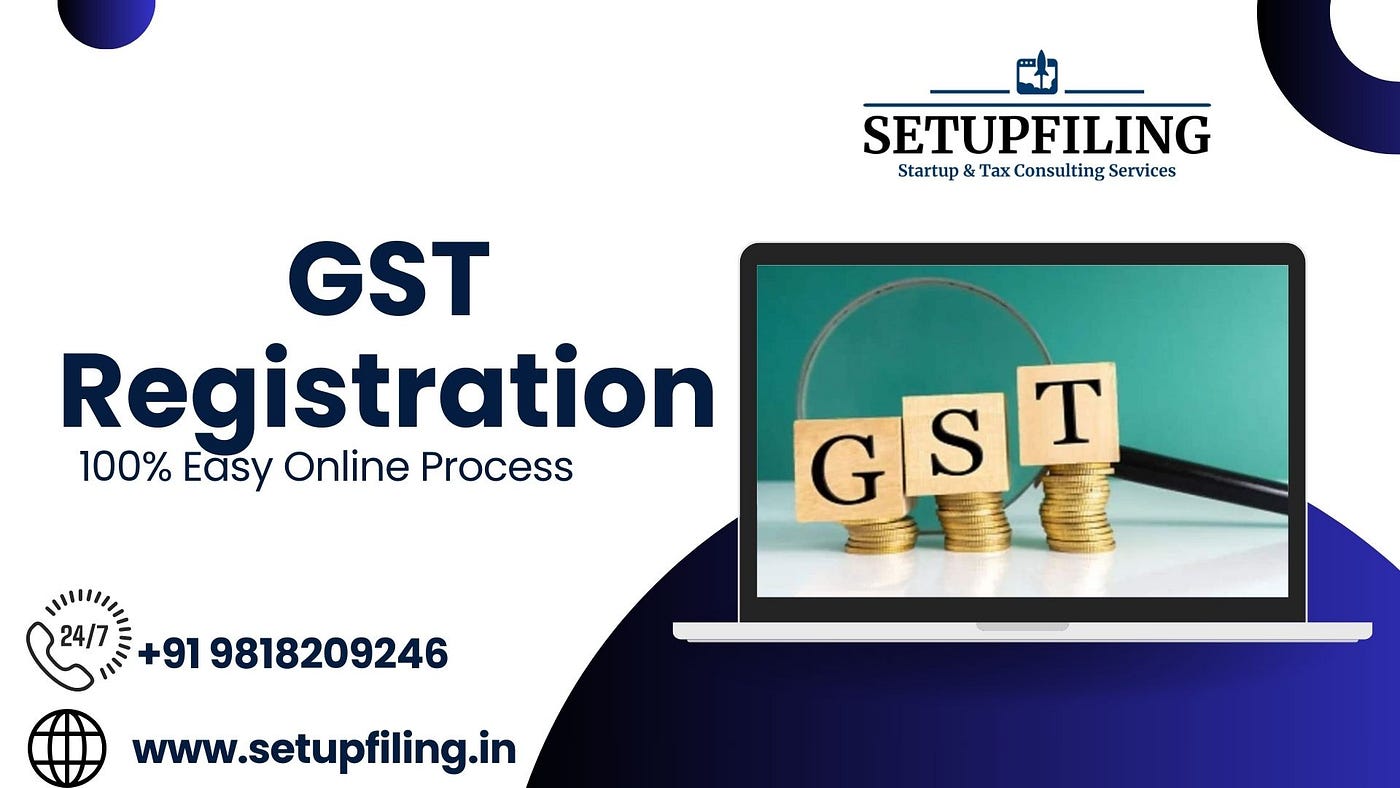The Ultimate Guide to Simplifying the GST Enrollment Process and Demands for Small Business Owners

Recognizing GST Basics
To grasp the basics of the Item and Services Tax (GST) system, tiny business proprietors have to first understand its underlying implications and concepts. Under the GST regimen, services are required to register and collect tax obligation on behalf of the federal government, making certain openness and compliance.
Among the vital principles of GST is input tax credit scores, which permits organizations to declare credit rating for taxes paid on their acquisitions. This device prevents the cascading effect of tax obligations and advertises efficiency in the tax system. In addition, GST is a destination-based tax obligation, implying that the tax obligation is levied at the factor of usage instead than the factor of origin. This makes certain fair distribution of tax obligation profits amongst states based on where the services or items are taken in. Understanding these fundamental principles is crucial for local business proprietors to navigate the complexities of the GST system and make certain compliance with the legislation.
Eligibility Standards for Registration
Having established a foundational understanding of GST principles, small company owners have to now meet specific eligibility criteria to proceed with the registration process. In India, entities took part in the supply of goods or services with a yearly accumulation turn over going beyond Rs. 40 lakhs (Rs. 10 lakhs for unique category states) are required to sign up for GST. Additionally, certain organizations such as those entailed in inter-state supply of items, informal taxed individuals, and those called for to pay tax under the reverse fee device have to register for GST irrespective of their turnover. Companies that were registered under the previous tax program (VAT, solution tax obligation, and so on) are also mandated to sign up under GST. Agricultural services that just provide create out of main production are exempt from GST registration. It is important for organization proprietors to meticulously analyze their qualification based upon these requirements to ensure compliance with the law and stay clear of any kind of charges for non-compliance. official website
Documents Needed for GST Registration

Simplified Registration Process Actions
Adhering to the collection and confirmation of the requisite files, the registration procedure for GST can be browsed via a collection of streamlined steps designed to facilitate efficient compliance for tiny organization proprietors. The very first step involves checking out the GST website and choosing the 'New Enrollment' choice. Subsequently, the applicant should complete Component A of the GST REG-01 form with information such as frying pan, mobile number, and e-mail address to get an OTP for confirmation. As soon as the OTP is gotten and gone into, a Momentary Recommendation Number (TRN) is created for additional proceedings. The following step needs submitting Component B of the form with essential company information, posting supporting records, and completing the confirmation process utilizing DSC or EVC. Finally, upon effective confirmation, an Application Recommendation Number (ARN) is issued, suggesting the completion of the GST registration procedure. By complying with these streamlined pop over to this site steps, small business proprietors can successfully register for GST and make certain conformity with tax regulations.
Tips for Ensuring Conformity
To maintain regulatory adherence and operational honesty, persistent oversight and positive actions are essential in ensuring compliance with GST needs for little organization owners. Small service owners should remain upgraded with GST laws, filing due dates, and any type of adjustments in tax prices to stay clear of charges and keep an excellent standing with tax authorities. Going to GST recognition workshops or training programs can boost understanding and compliance with GST guidelines, inevitably profiting the business in the lengthy run.
Final Thought
To conclude, tiny company owners need to recognize the basics of GST, satisfy the eligibility requirements, collect needed documents, and comply with the streamlined enrollment procedure steps to ensure compliance. By simplifying the GST enrollment procedure and demands, small business owners can stay clear of charges and operate their businesses efficiently within the lawful framework - Singapore GST Registration. It is essential for small business owners to remain enlightened and compliant with GST guidelines to maintain a successful organization procedure
Little business proprietors looking for GST registration have to guarantee they gather and send the essential records to complete the registration process effectively. The records needed for GST registration usually consist of evidence of organization enrollment or unification, PAN (Permanent Account Number) card of the organization entity, identity and address evidence of the promoters/partners/directors, photographs, address evidence of the place of service, financial institution account statements or terminated cheques, and authorization kinds. Attending GST understanding workshops or training programs can boost understanding and compliance with GST laws, ultimately profiting the organization in the long run.
By streamlining the GST registration procedure and requirements, little organization owners can prevent fines and operate their businesses efficiently within the legal framework. It is crucial for little company proprietors to stay enlightened and compliant with GST laws to preserve a successful service operation.